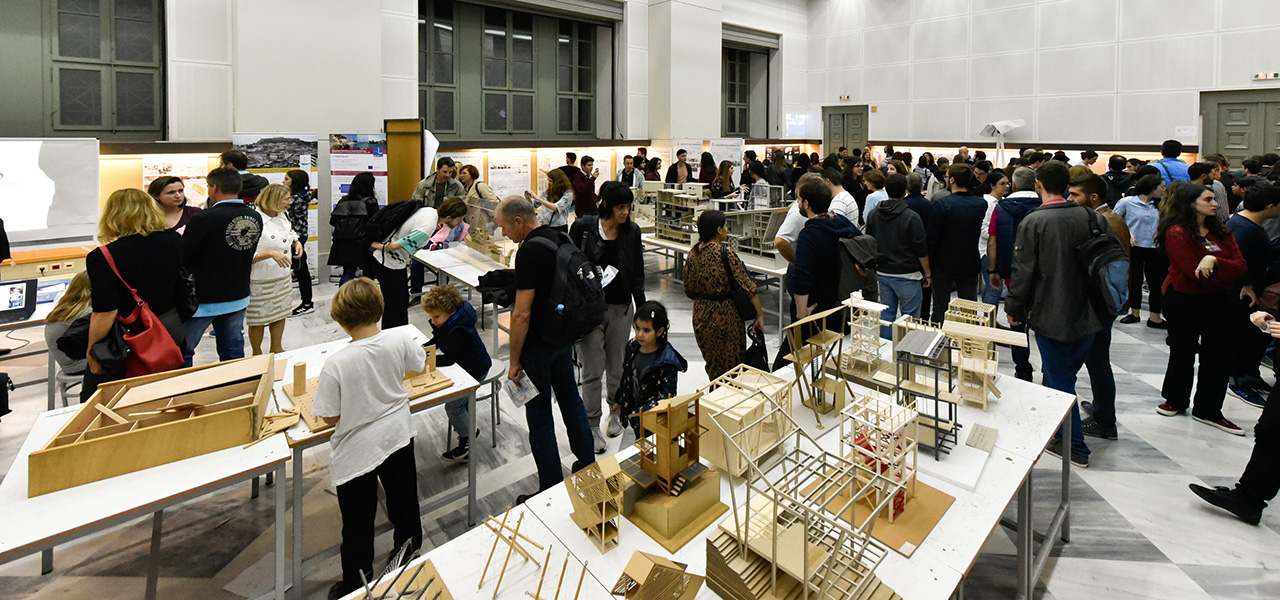This course examines plans of public performances, related to different personal and common thresholds or conceptual and physical borders in the city, as nomadic practices which are based on a specific situation of the field. The bodily acts (praxis) is the outcome of the experience and at the same time can be performed as a critical research for new contents, intervening for the emergence of small topical public spheres, thus transforming the public to a new discursive place.
These discussions touch the roles of the genders and race, which are fundamental for the formulation of the concept of the ‘new genre public art’, the ‘socially engaged art’, the ‘community based art’, the ‘relational art’ or the ‘dialogical art’, etc. Our concern focuses on the historic situation of public performance, of events and happenings, and on the other hand to the everyday life of bodily activities on the expression of social routines, the oral and speech acts, the walk art, the street art, or other historical art movements of protest actions (such as art activism, culture jamming, tactical media, sport art, border art, travel art, etc.), using these actions at parallel a number of art tactics. We also discuss about the ethics and aesthetics of co-production and equal distribution of the artwork, as well as different thoughts in art history, such as the autonomous art object, the role of institutional critique, and the instituting critic under the framework of art or without this.
We demand site-generic actions as relational public interventions, oriented to the specific social place (topos), to the public fantasies and to the personal memories, which take into account the special context, the conditions of place, and at the same time are in conversation to the physical literal and virtual space (the data space, the expanded informational field or the functional site).
Teachers
- Konstantinos Daflos, Associate Professor (Συντονιστής)
- George Giparakis, Associate Professor
- Ioannis Grigoriadis, Associate Professor
- Theodora Voutsina, Associate Professor

